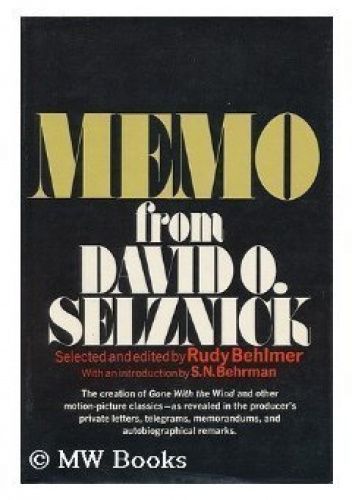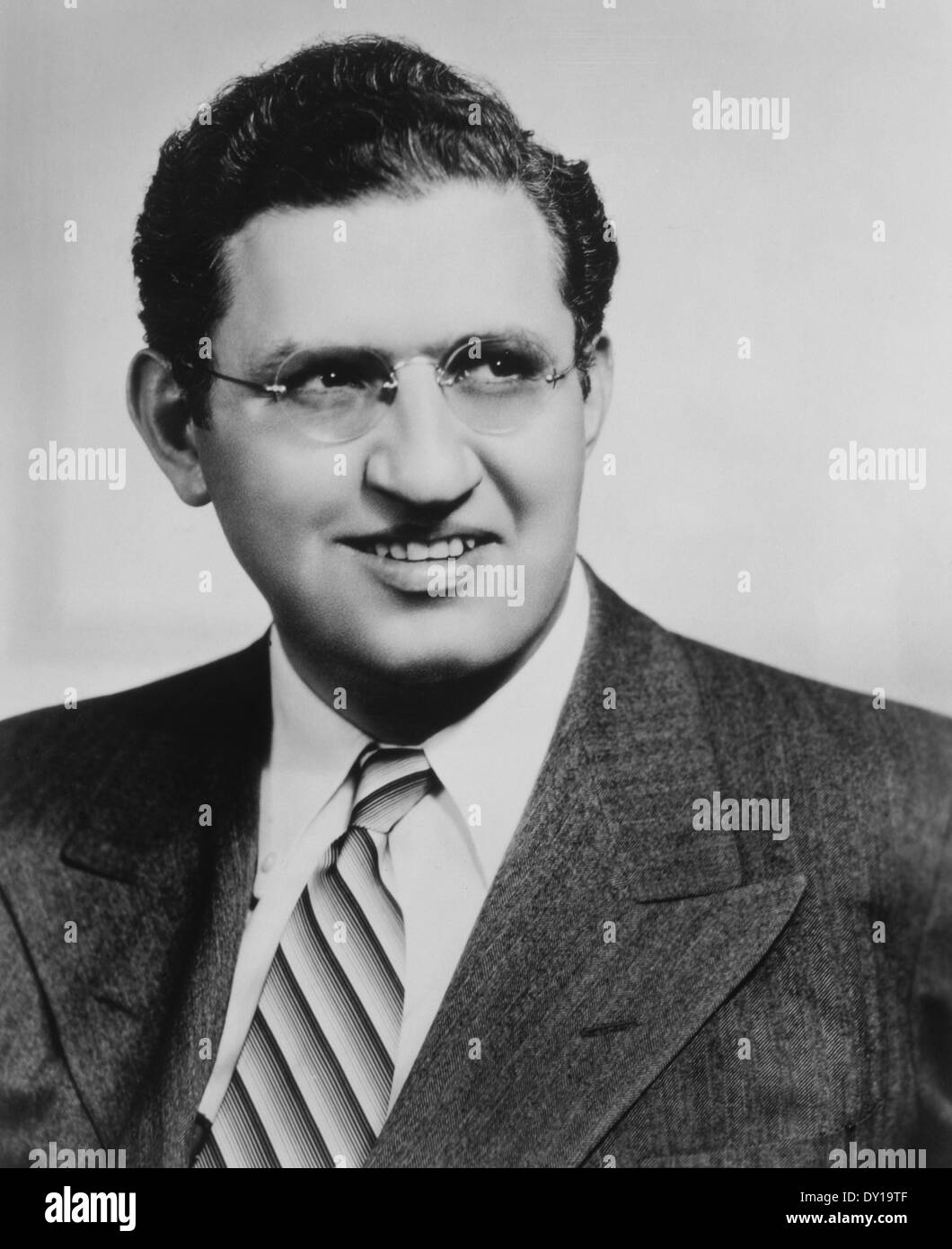


Selznick was a boy doing a man's job-hiding in a man's job, we might guess.

"Since this was still cheaper than any other footage I could get, I agreed to it." It was a good deal for Rogers, too, leading eventually to his syndicated newspaper column. At first Selznick got the comments for free. Later, "still after school hours," he became editor of the "Selznick Newsreel," and while still in his teens negotiated a deal with Will Rogers, then one of the biggest stars, to contribute quips and comments for the title cards between the news clips. The key detail may be that at the age of 17 he was already in the family business: "I was, after school hours, in charge of a monumental publicity and advertising department." The word "monumental" is not an exaggeration his father at that time was the movie industry's biggest advertiser. Selznick may not be that in 1940 with only three productions (" Gone With the Wind," "Rebecca," "Intermezzo") his independent operation was the highest-grossing studio in Hollywood. The most revealing biographical detail about David O. It is also intriguing as a glimpse into a life. This extraordinary outpouring is invaluable for the way it preserves the day-to-day operation of a major player during Hollywood's golden age. On an ordinary day Selznick used two secretaries, sometimes more, to take his dictation, and executives were not surprised when a Selznick memo arrived 15 minutes before they were scheduled to meet with him in person. Selznick Collection was acquired by the University of Texas in 1981, it included countless other boxes, containing scripts and all their revisions, bills and statements, publicity materials, fan mail, receipts, and the continuity record of every day's shooting on almost every film. The archive was lodged at that time at Bekins Moving and Storage in Los Angeles and Behlmer wrote: "I'll never forget walking into the building in which the files are stored for the first time and being confronted by approximately two thousand file boxes!" Those were only the memos-the written record of substantially every thought Selznick had about his career from 1916 to 1965. Selznick's younger son, asked Rudy Behlmer to edit a selection of his father's memos, Behlmer had little notion of the task involved. This book represents only the tip of the iceberg.


 0 kommentar(er)
0 kommentar(er)
